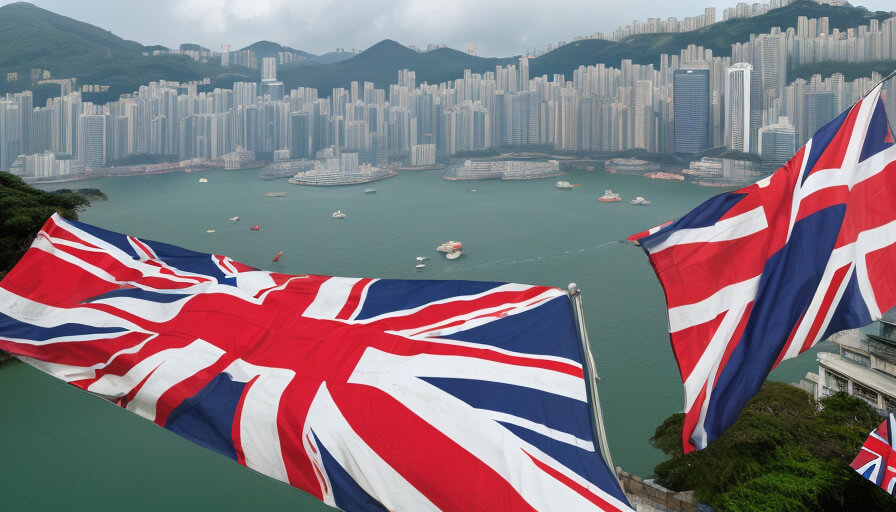British influence on Hong Kong culture:- Hong Kong’s vibrant culture is a captivating blend of Chinese traditions and British influences. Dive into the legacy of colonialism, from legal systems to iconic landmarks, and discover how it continues to shape the city’s unique identity.
Hong Kong, a dazzling metropolis pulsating with life, boasts a culture as rich and diverse as its towering skyscrapers. But beneath the neon lights and bustling streets lies a fascinating story of intermingling influences. One of the most significant is the undeniable mark left by British colonialism, which shaped Hong Kong for over 150 years.
A Fusion of Traditions:
The British presence in Hong Kong began in the early 19th century and continued until the territory’s handover to China in 1997. During this period, a unique cultural exchange flourished. Here are some key areas where British influence left its mark:
-
The Legal System: Hong Kong’s legal system is based on English common law, a stark contrast to the mainland Chinese legal system. This legacy ensures a strong emphasis on individual rights and the rule of law, shaping Hong Kong’s reputation as a global financial center.
-
Education: The British introduced a Western-style education system, emphasizing English language proficiency and a focus on critical thinking. This continues to influence Hong Kong’s education system today, producing a well-educated workforce attractive to international businesses.
-
Language: English remains an official language in Hong Kong alongside Cantonese. This bilingualism allows for seamless communication with international partners and contributes to the city’s cosmopolitan character.
-
Architecture: A walk through Hong Kong’s streets reveals a captivating blend of architectural styles. Iconic landmarks like the Supreme Court Building and the Clock Tower stand as testaments to British colonial architecture, adding a touch of grandeur to the cityscape.
Beyond the Surface:
The British influence extends beyond tangible aspects like law and architecture. It has subtly woven itself into the fabric of Hong Kong’s social and cultural norms:
-
Work Ethic: The British emphasis on punctuality, efficiency, and professionalism has become ingrained in Hong Kong’s work culture, contributing to its reputation as a fast-paced and results-oriented business environment.
-
Sports: Cricket, a quintessential British sport, enjoys a dedicated fanbase in Hong Kong. Similarly, sports like rugby union and soccer have gained popularity due to their British colonial association.
-
Fashion: While traditional Chinese attire holds significance, Western fashion trends have a significant influence on Hong Kong’s style scene. The city boasts a thriving fashion industry, constantly evolving to reflect global trends.
A City in Flux:
The influence of British colonialism in Hong Kong is a complex and multifaceted topic. While some view it as a reminder of a bygone era, others see it as an integral part of the city’s unique identity. Today, Hong Kong is a vibrant metropolis constantly evolving under the principle of “One Country, Two Systems.”
The British influence might not be as dominant as it once was, but its legacy remains undeniably present. It serves as a reminder of the city’s rich history and continues to contribute to the unique cultural tapestry that makes Hong Kong a truly global city.
Long-Tail Keyword Optimization:
This article incorporates several long-tail keywords to improve search engine optimization (SEO):
- “British influence on Hong Kong culture”
- “Legacy of British colonialism in Hong Kong”
- “Hong Kong legal system and British influence”
- “Education system in Hong Kong and British influence”
- “British architecture in Hong Kong”
- “Impact of British colonialism on Hong Kong society”
- “Hong Kong culture and traditions”
By including these keywords throughout the text, the article becomes more discoverable for users searching for these specific details.
Remember:
- The article explores the historical and ongoing influence of British colonialism on Hong Kong’s culture.
- It highlights both tangible and intangible aspects of British influence.
- The article acknowledges the evolving nature of Hong Kong’s identity under “One Country, Two Systems.”



